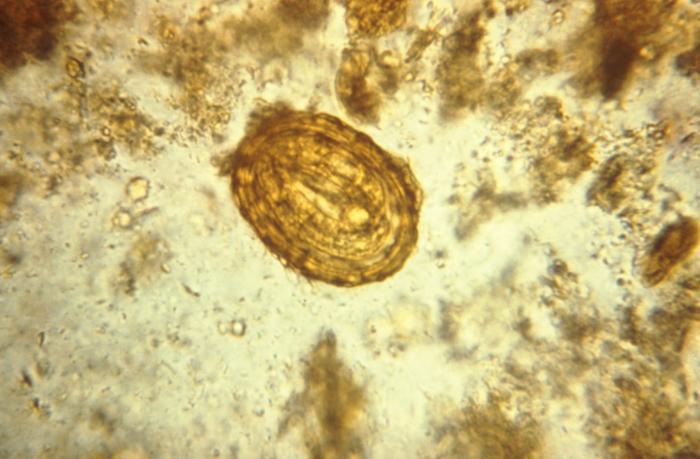Bromocriptine is a semi synthetic ergot derivative, having potent effects on dopamine receptors.
Pharmacokinetics
Rapid but partial absorption from GIT. It is given orally but absorption is variable. This is because of extensive 1st pass metabolism
Plasma peak levels are observed 1.5 – 3 hrs after oral administration
Half life is 3hrs
It is metabolized in the liver and metabolites excreted in bile
To improve its bioavailability, high doses can be given by oral route.
Pharmacological actions
- Prolactin release suppressed
- Growth hormone release increased (unknown mechanism)
- Extra pyramidal effects; acts directly on postsynaptic receptors in the nigrostriatal system (Parkinsonism)
- Reticular formation non specific arousal in the CNS
- Chemoreceptor trigger zone stimulation causes vomiting
Therapeutic uses
- Parkinsonism
- For prevention & suppression of lactation
- Rx of hyperprolactinemia associated with hypogonadism, galactorrhea, infertility
- Benign breast diseases
- Acromegaly (decreased GH)
- Hepatic encephalopathy (hepatic coma, drowsiness occurs, arousal is difficult, it causes arousal or may have role)
Adverse effects
- GIT – Nausea, Vomiting, constipation, bleeding from peptic ulcer, reflex esophagitis.
- CNS – headache, dizziness, drowsiness
- CVS – postural hypotension, cardiac arrhythmias
At higher doses
a. Dry mouth
b. Confusion
c. Hallucination
d. Pleural effusion
e. Leg cramps, digital vasospasm
f. Red painful swollen feet and hands
Continue Reading
 howMed Know Yourself
howMed Know Yourself




